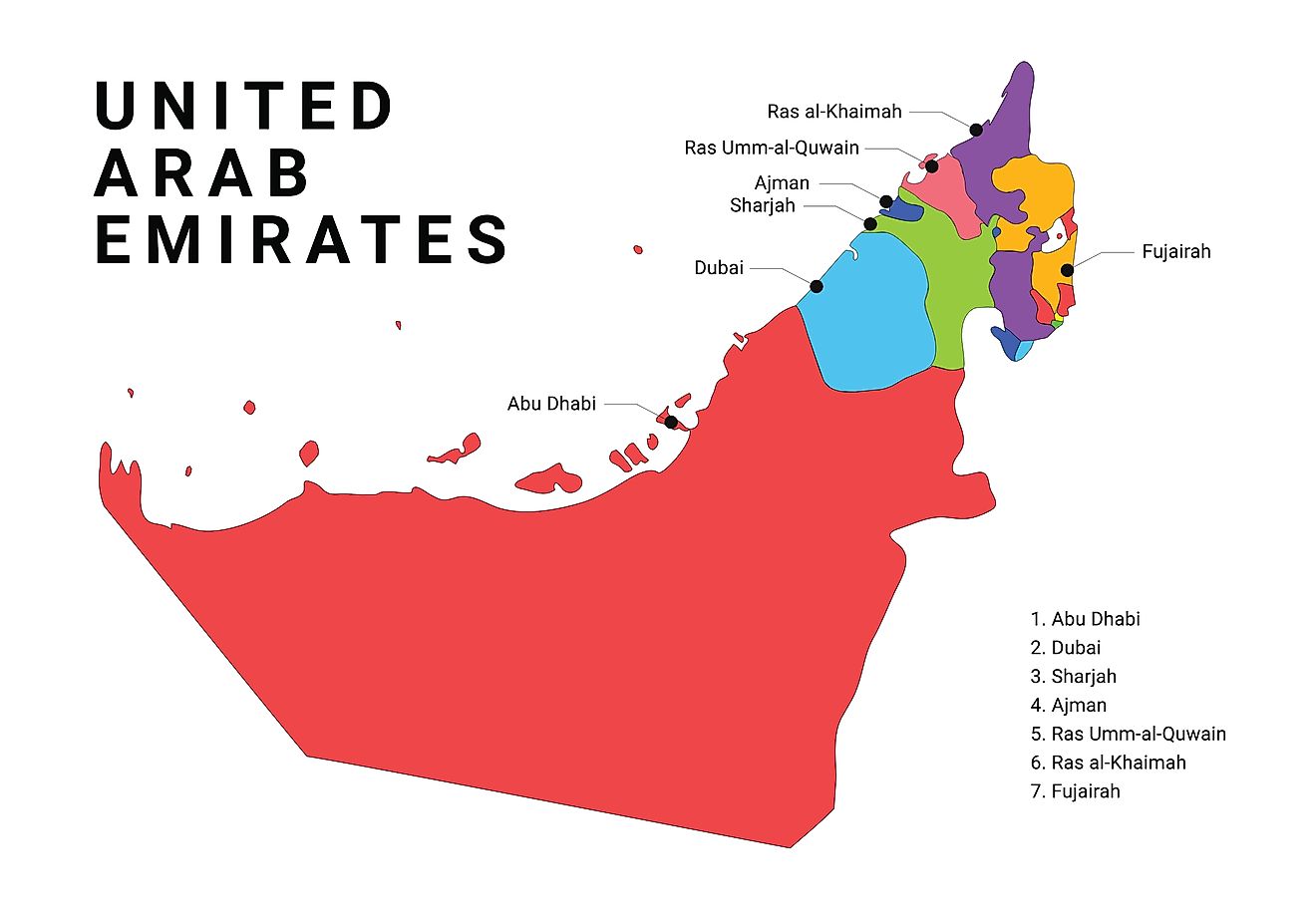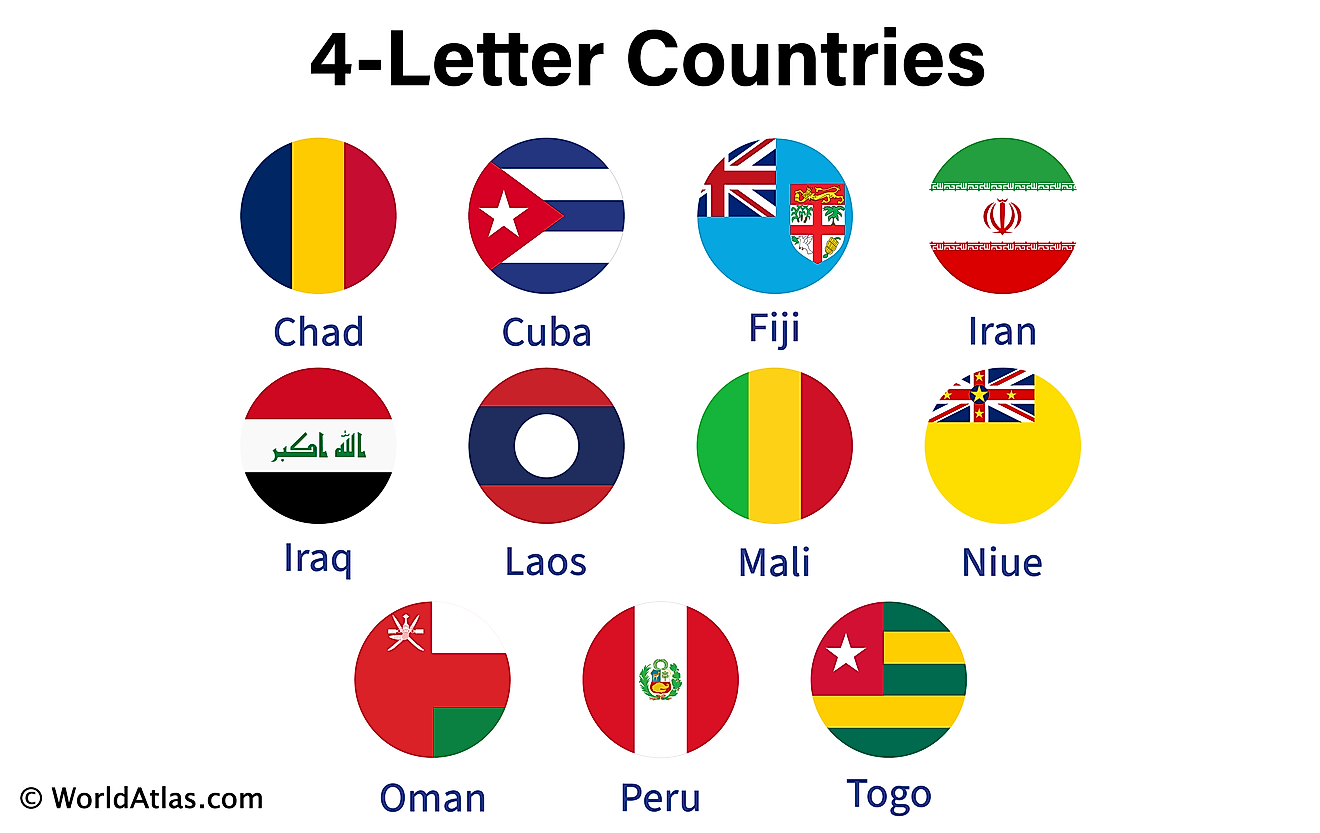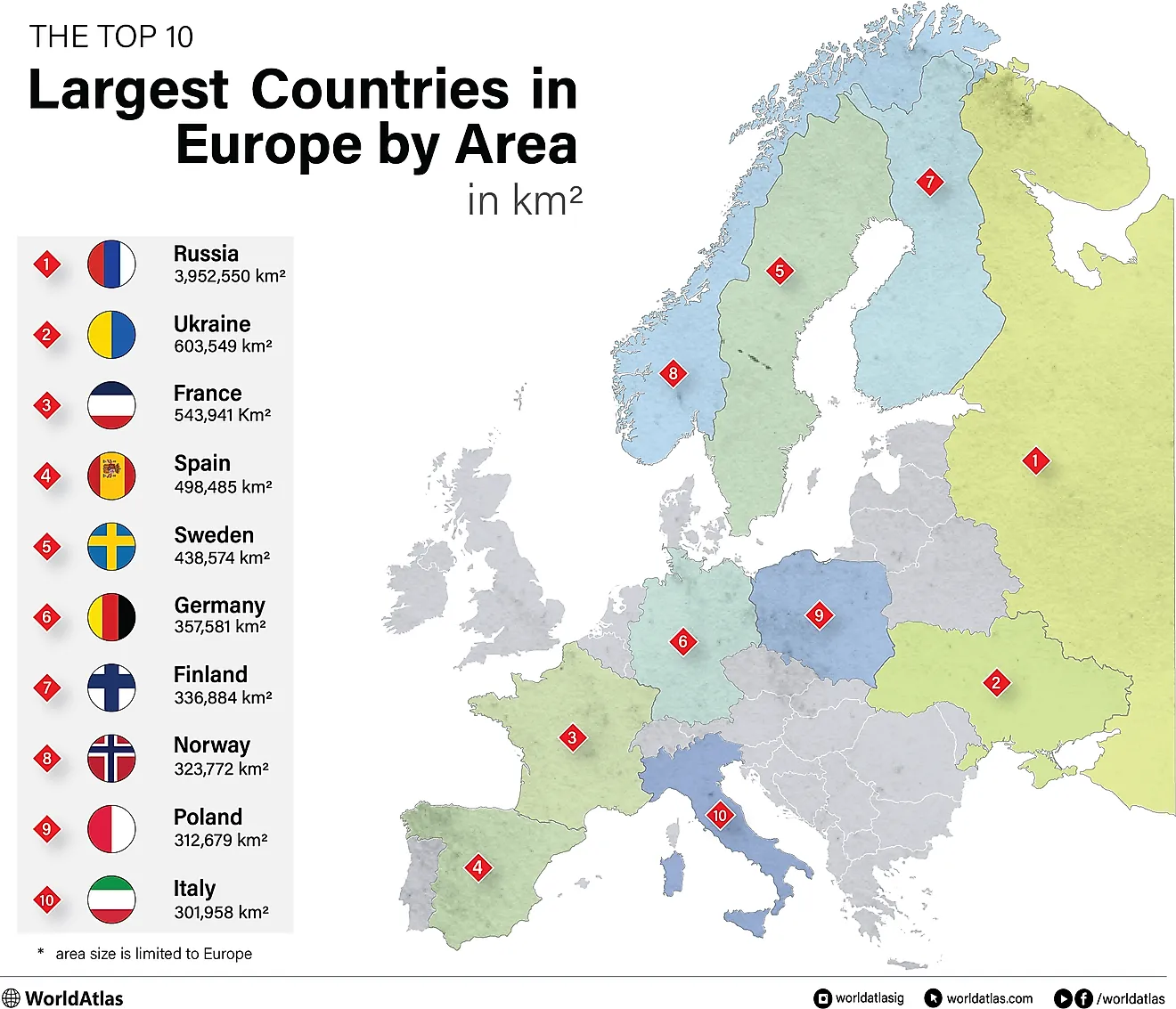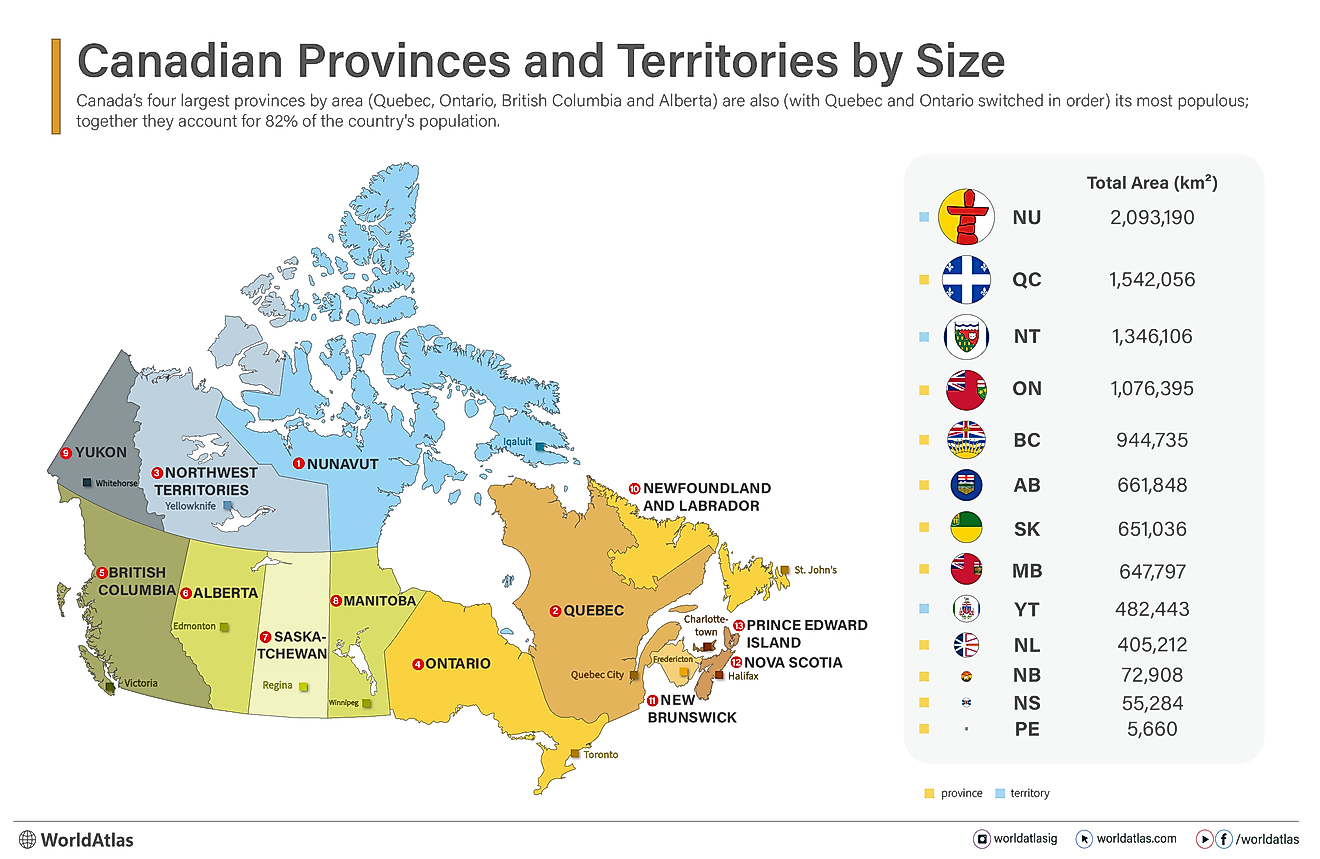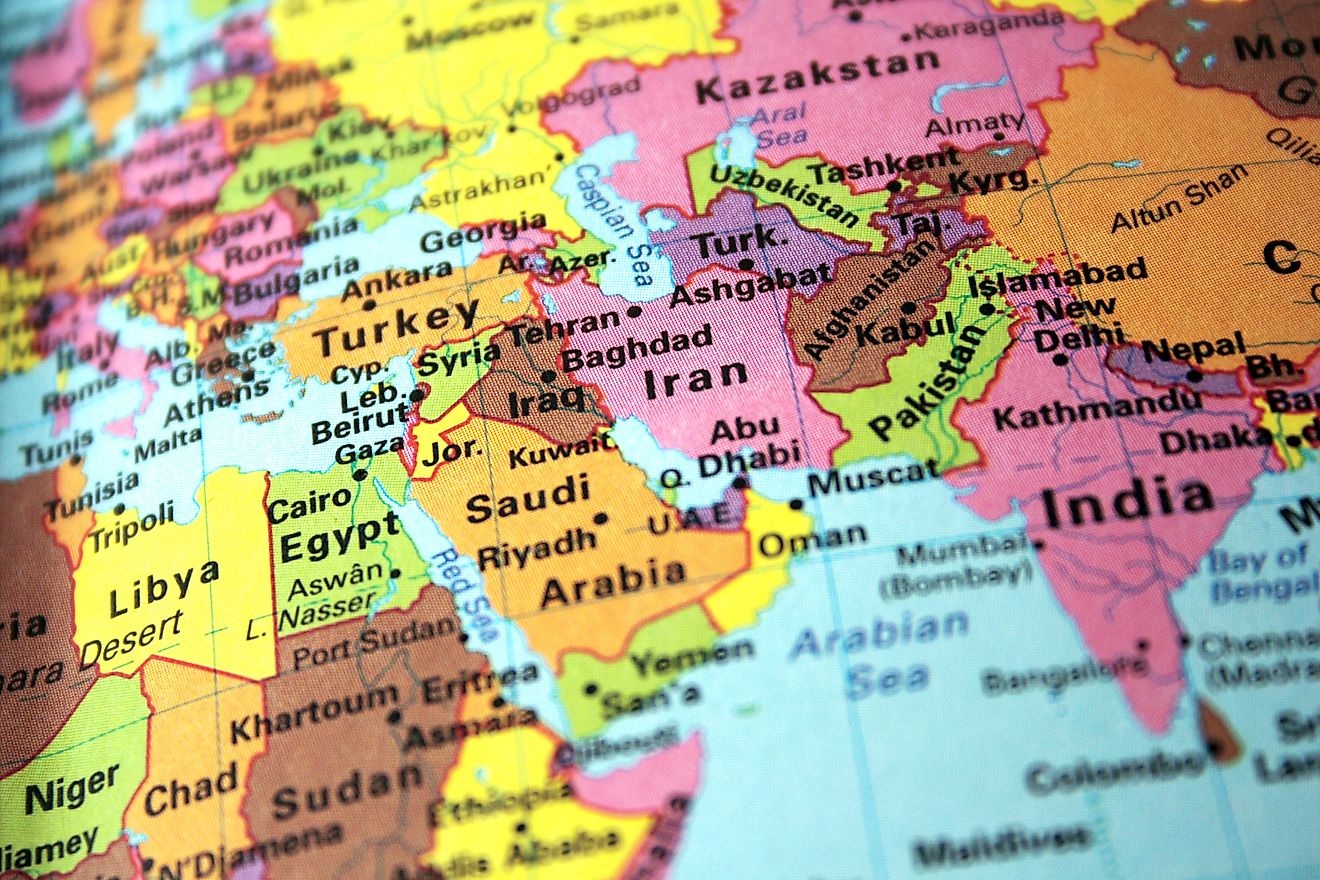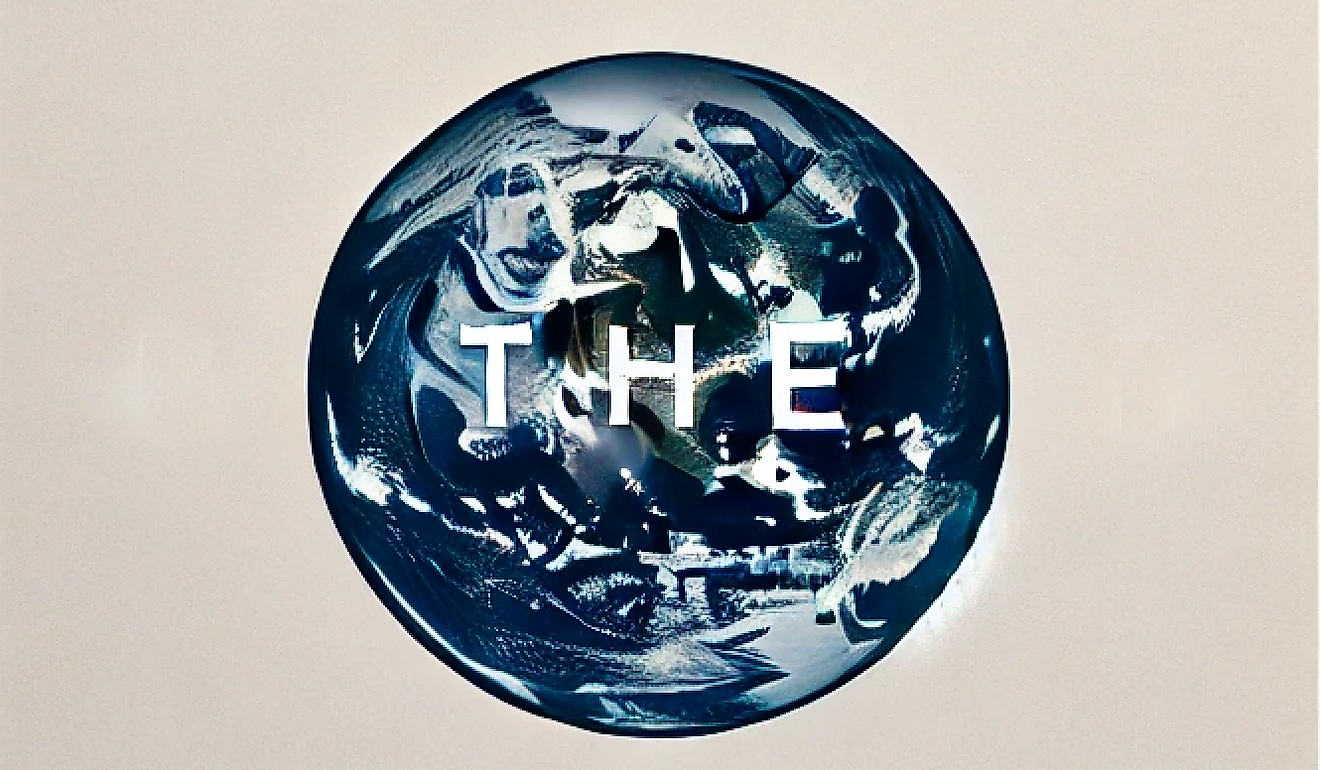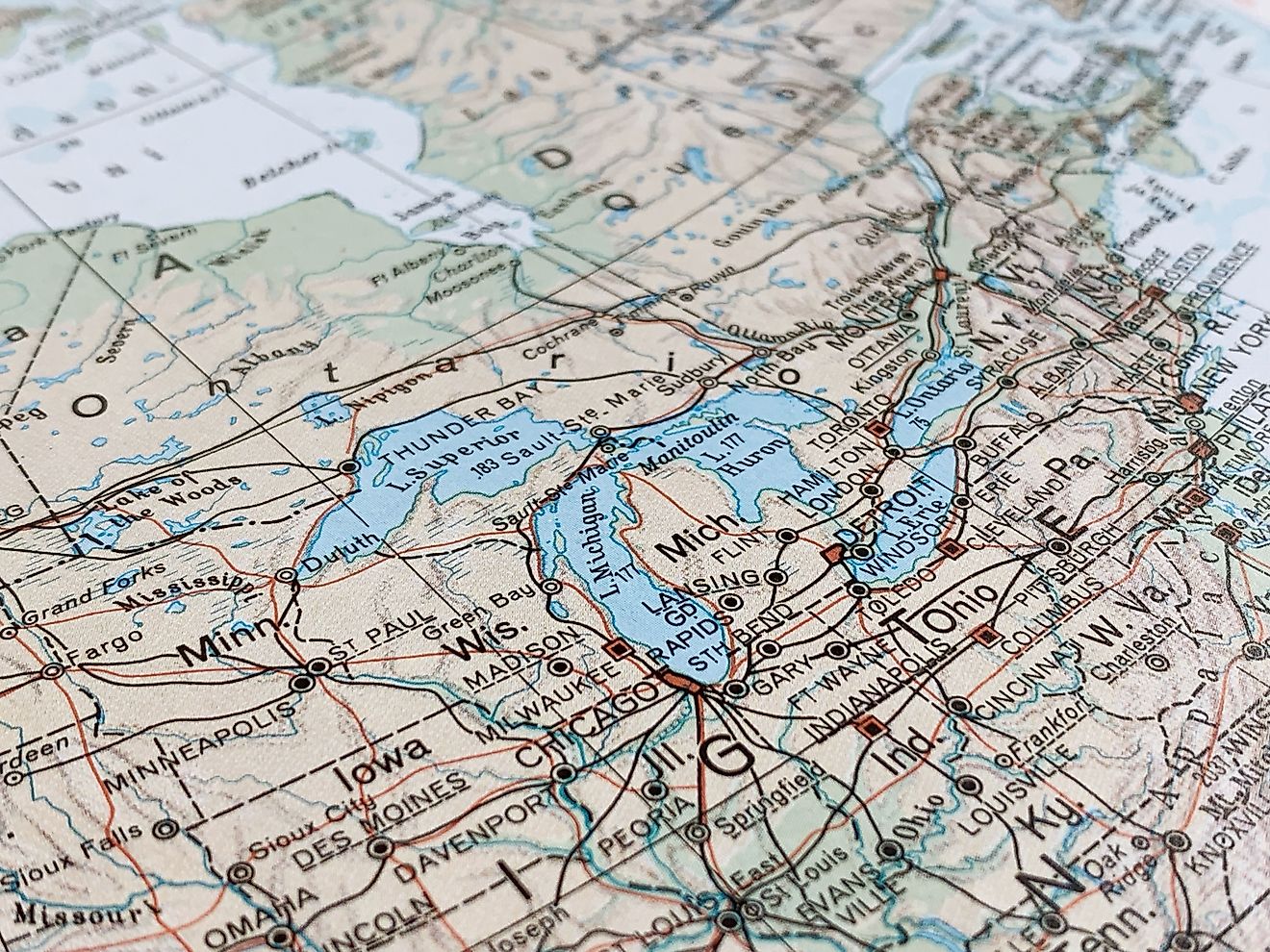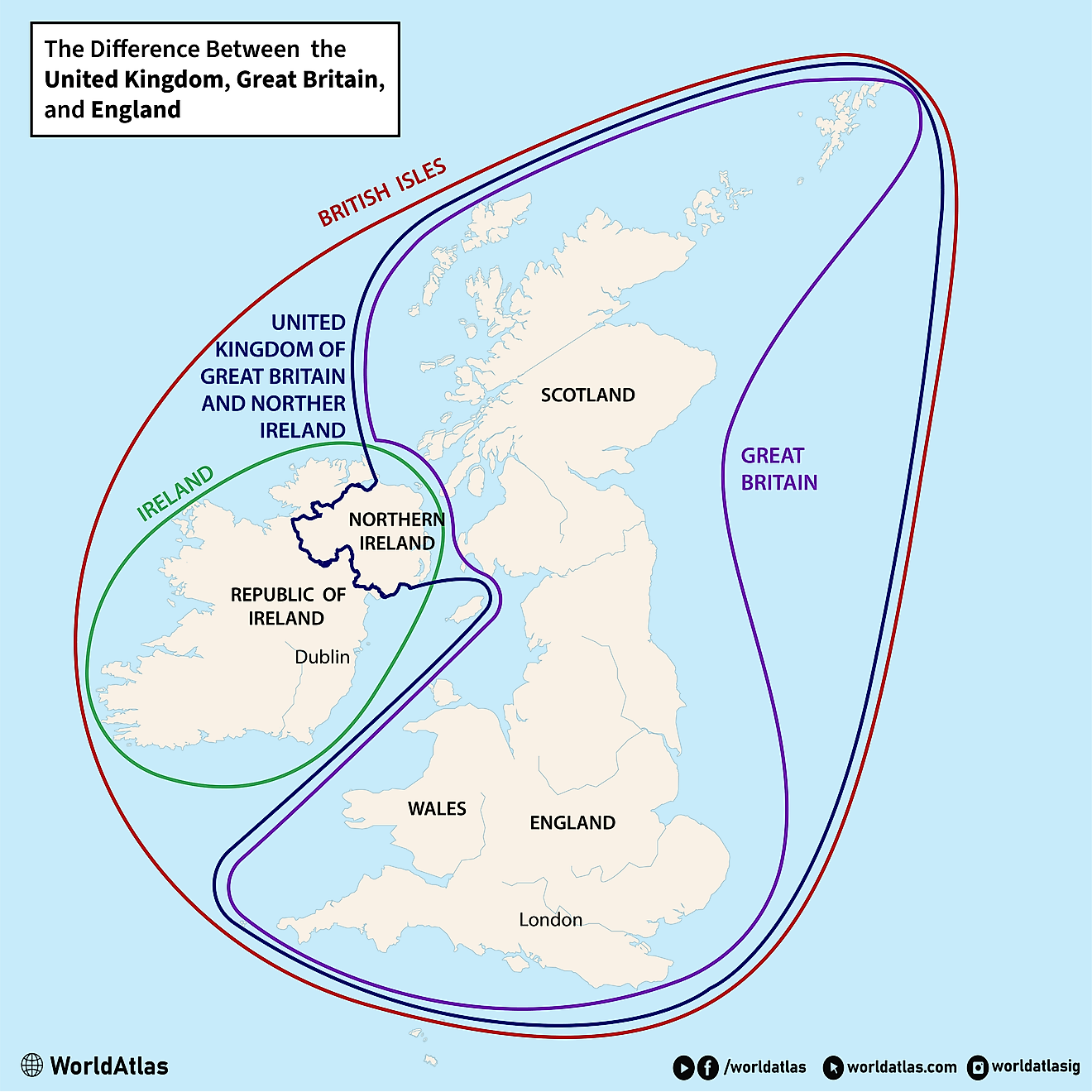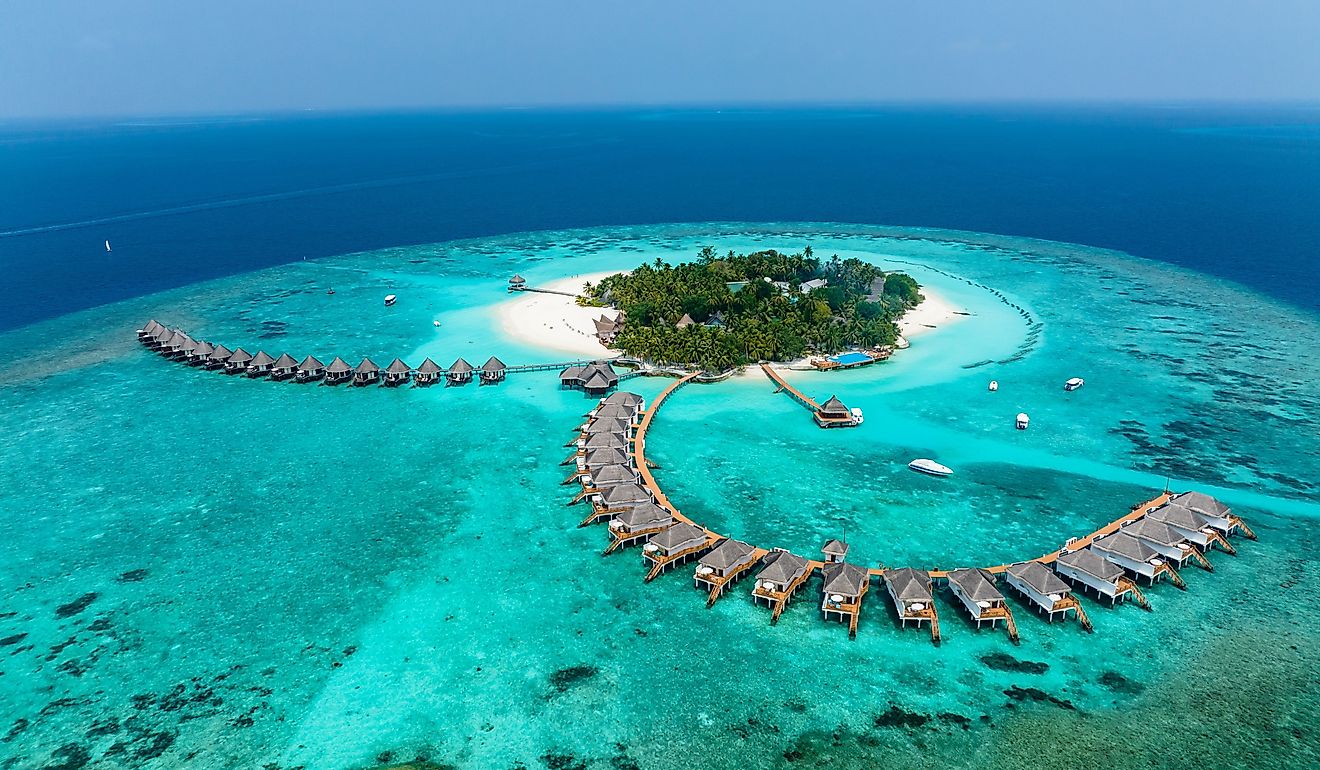
Countries That Start With The Letter D
While the phoneme (sound) "/d/" only begins the English pronunciation/spelling of five countries, /d/ is used in 1376 languages, which constitutes 46% of all surveyed languages, as reported by Phoible.org. Additionally, in the English language, /d/ is present in approximately 4.32% of words. How these countries acquired their names is another matter, and that discussion revolves around the histories of each region and their ancestral inhabitants and politics.
All Countries In The World That Begin With "D"
| Country | POPULATION 2023 | Land Area mi² |
|---|---|---|
| Democratic Republic of the Congo | 86,790,570 | 905,354 |
| Denmark | 5,910,913 | 16,638 |
| Djibouti | 1,136,455 | 8,957 |
| Dominica | 73,040 | 289 |
| Dominican Republic | 11,332,972 | 18,791 |
| Democratic People's Republic of Korea (DPRK) | 26,160,821 | 46,539 |
Democratic Republic of the Congo
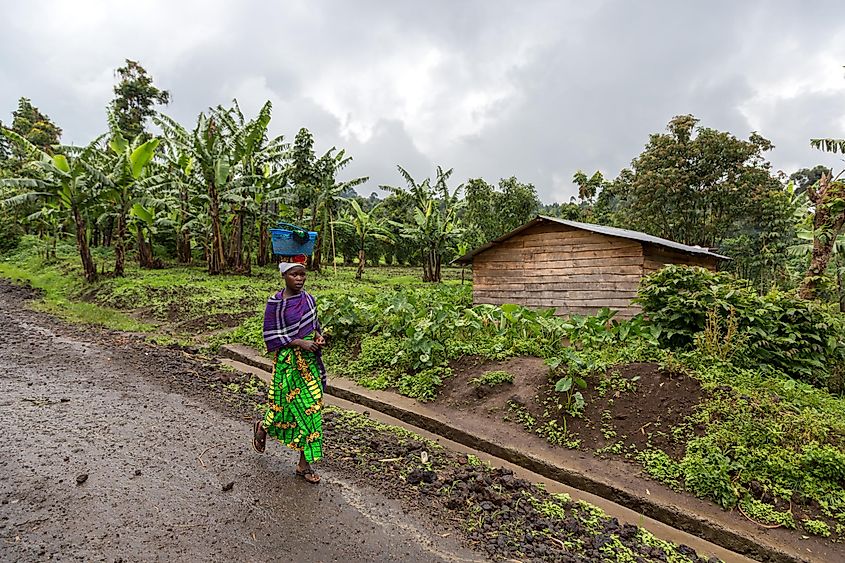
The Democratic Republic of the Congo (DRC) is one of the largest countries in Africa by land area. It is also one of the continent's most populated countries, with a population of around 86 million individuals. To differentiate it from the neighboring Republic of the Congo, the Democratic Republic of the Congo is sometimes referred to as Congo-Kinshasa (and the Republic of the Congo is called Congo-Brazzaville).
Denmark
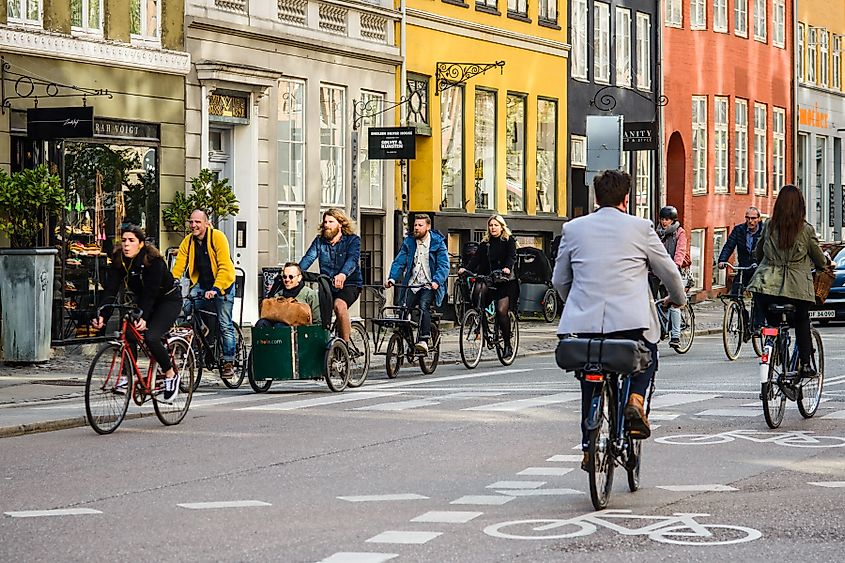
Denmark's name comes from the country's original inhabitants, called the Danes. Denmark borders the Atlantic Ocean and occupies 16,638 square miles. It is quite green and flat with sandy coastlines and receives plenty of rainfall. Denmark is ruled by both the monarchy and the parliamentary system. Denmark has close to six million people who are rated the happiest in the world due to developed infrastructures, quality education, and health services plus equality in resource distribution. The official language is Danish.
Djibouti
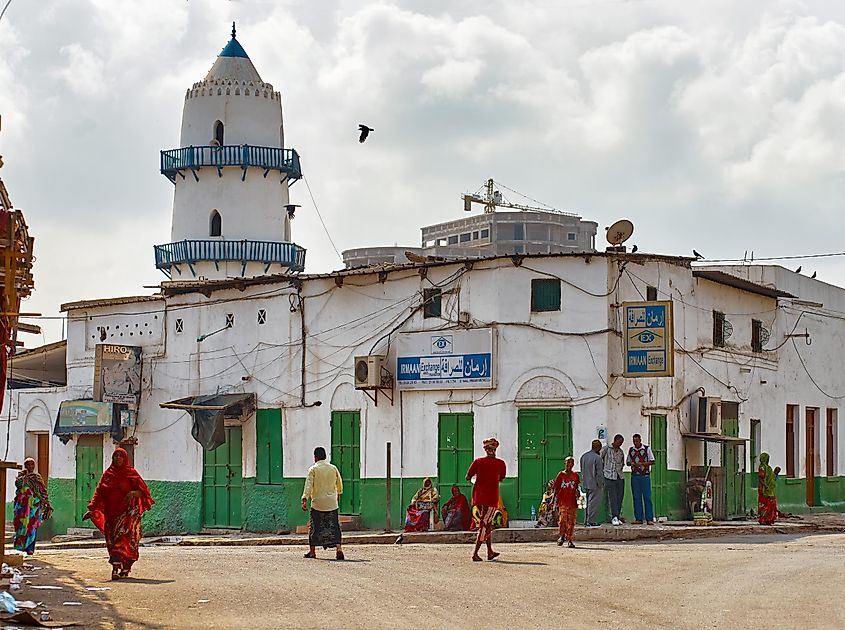
The name Djibouti has two meanings: the first came from the word “Jab Bouti” meaning an animal that was preying on livestock, and the second theory states the ancient occupants called the Afar named the region “Gabouti,” meaning the flatland. The French eventually named it Djibouti. Djibouti has been inhabited for over 3,500 years. It became a republic in 1977. Djibouti is largely a desert.
Dominica
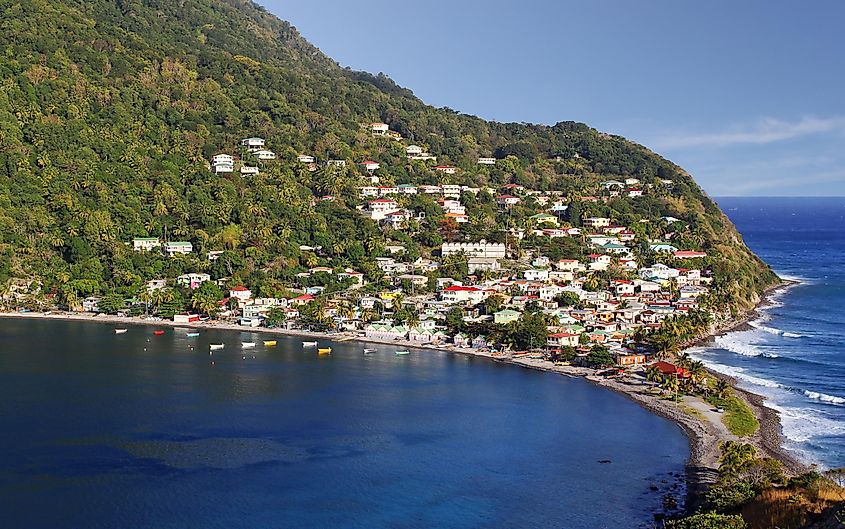
Dominica is a Latin word meaning the place where God resides. On Sunday 3, 1493, Columbus passed by the island and named it “Sunday.” Dominica’s ancient occupants were the Kalinago tribe though they were later colonized by the French. They attained independence in 1978. Dominica borders the Caribbean Sea and is a very small island of only 290 square miles.
Dominican Republic
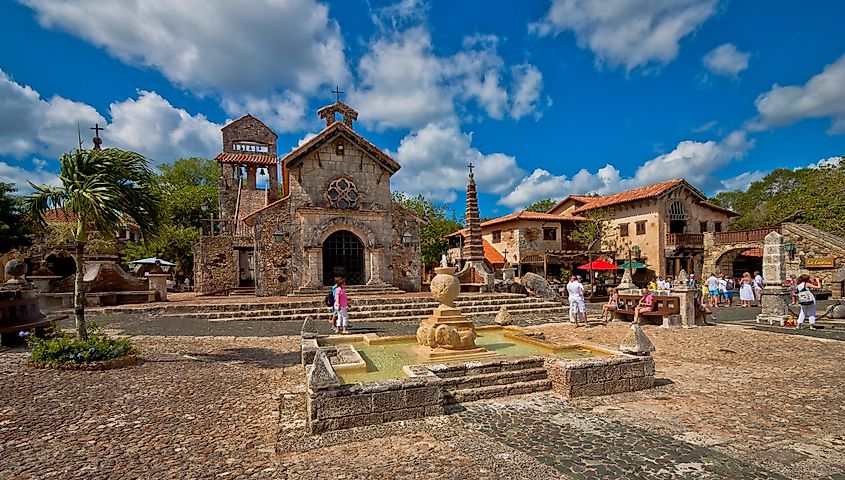
The Dominican Republic is located in the Caribbean and neighbors Haiti on Hispaniola Island. The country's name means “that which belongs to the Lord”. The Dominican Republic neighbors the Caribbean and the Atlantic Ocean. At 18,704 square miles, it is the largest of the countries that begin with D. The Dominican Republic has a population of 11,332,972 people who largely speak Spanish.
Democratic People's Republic of Korea
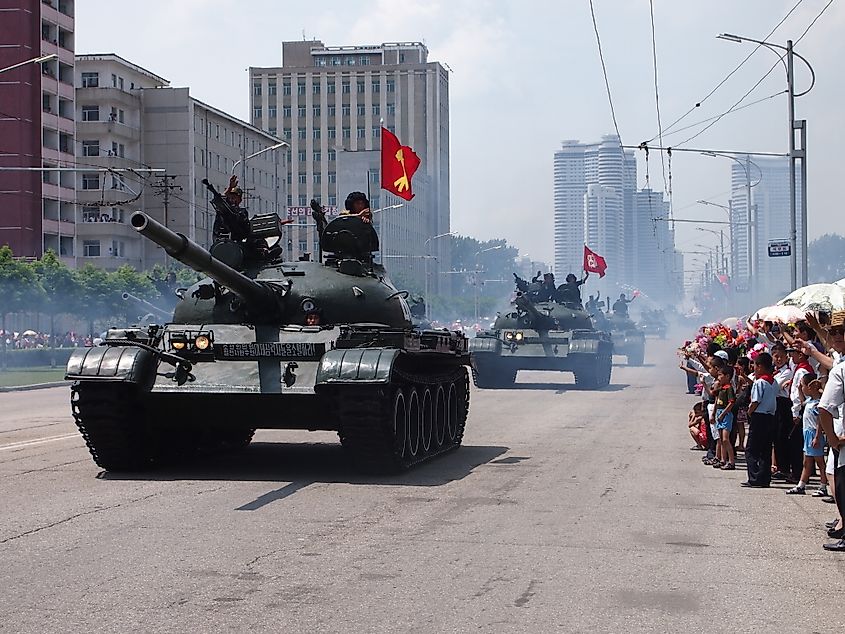
The DPRK, more popularly known as North Korea, is located on the Korean Peninsula in East Asia. It occupies the northern part of the peninsula. It shares its borders with China, Russia, and South Korea. It is home to over 26 million people.
Final Thoughts
In total, there are six "D" countries in the world: two in North America, two in Africa, one in Asia, and one in Europe. Settling on a name for a country is a decision that spans centuries. Then, that name might be spelled and pronounced with extreme differences depending on how other world languages adopt it into their tongues. English is one of several dominant languages used in business and education worldwide, but it is not the be-all and end-all of nomenclature and linguistics. A fun activity is finding different languages that refer to these countries in an entirely distinct way compared to their English names.
